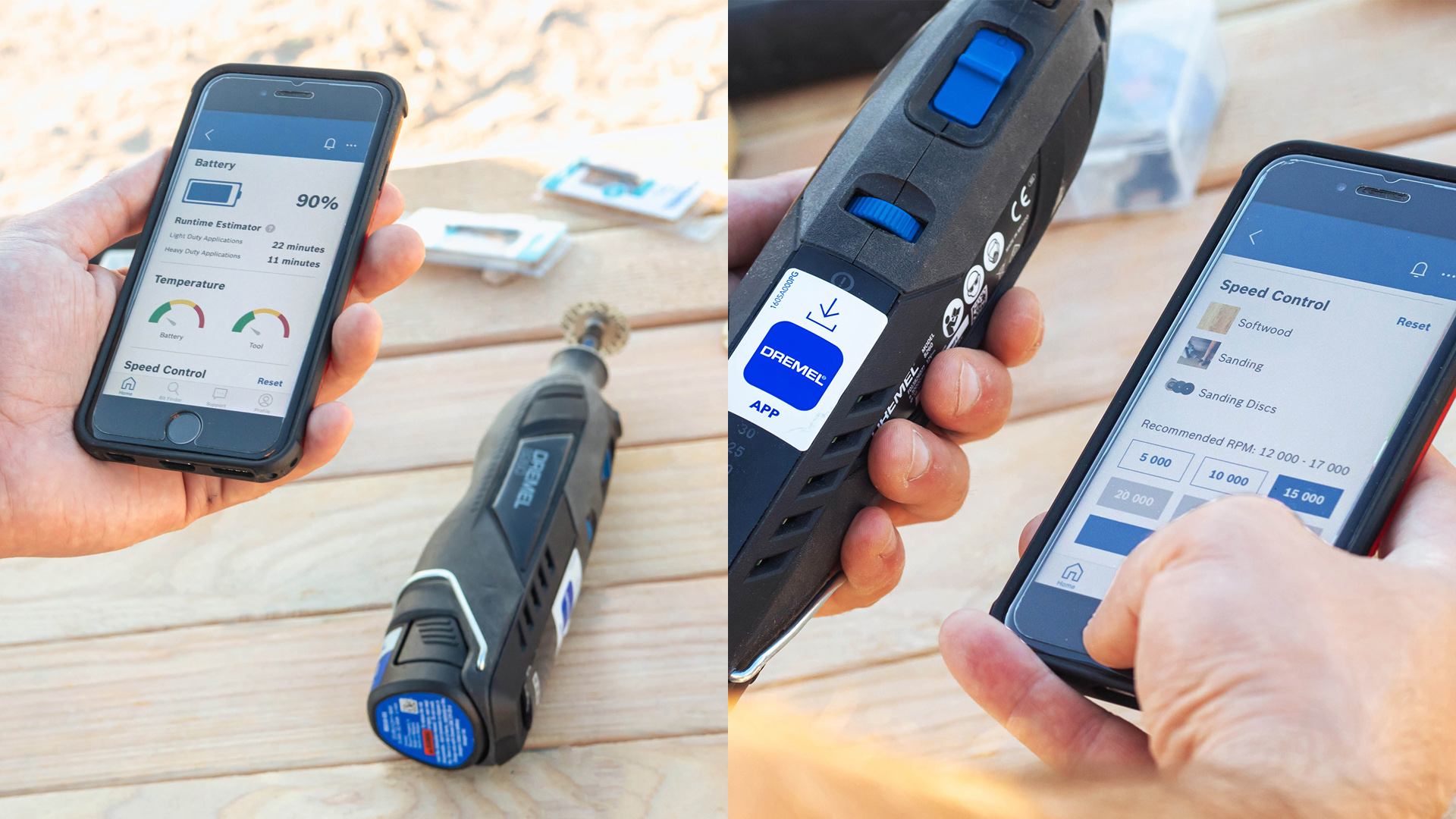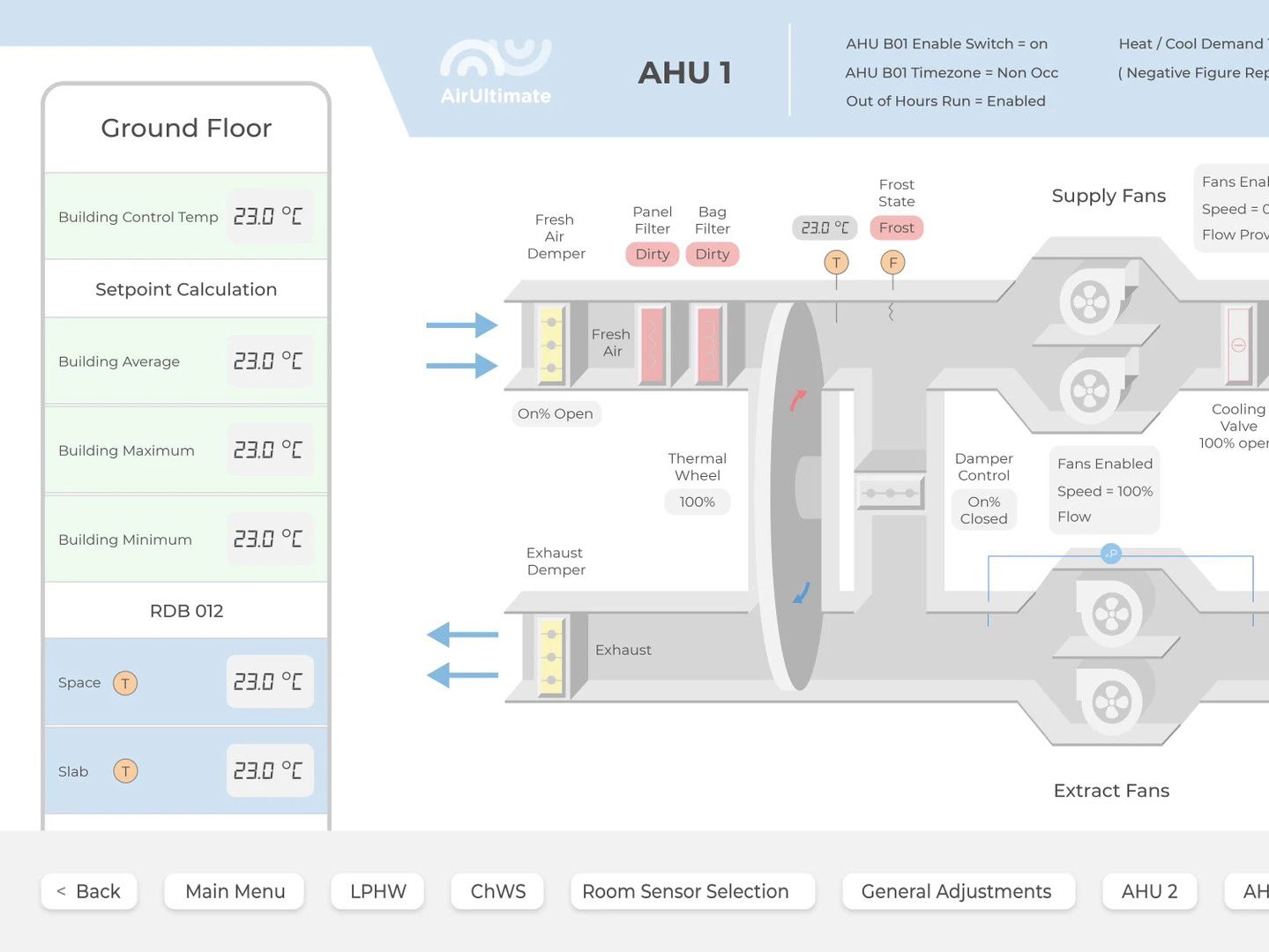Revolutionizing Connectivity: Remote IoT Management Platform Examples You Need To Know
Hey there, tech enthusiasts! Let’s dive straight into the heart of modern innovation. If you're reading this, chances are you're curious about the magic of remote IoT management platforms. In today’s fast-paced world, the Internet of Things (IoT) is not just a buzzword—it’s the future of connectivity. Imagine being able to control devices, monitor performance, and manage networks from anywhere in the world. Sounds futuristic, right? Well, it’s already here, and it’s transforming industries big and small.
From smart homes to industrial automation, remote IoT management platforms are reshaping how we interact with technology. But what exactly are these platforms, and how do they work? This article will break it all down for you, giving you real-world examples and actionable insights. Whether you're a tech-savvy professional or just starting to explore IoT, this is the place to be.
So, buckle up and get ready for an in-depth exploration of the top remote IoT management platform examples that are making waves in 2023. Let’s make sure you’re not just keeping up with the trends but leading the charge. Trust me, this is going to be a game-changer!
- Sam Heughan Kids Exploring The Life And Legacy Of The Outlander Star
- Hdhub4u Movies Free Download The Ultimate Guide To Streaming And Downloading Movies
Table of Contents
- What Is Remote IoT Management?
- Why Remote IoT Management Matters
- Top Remote IoT Management Platforms
- Real-World Examples of IoT Platforms
- Benefits of Remote IoT Management
- Challenges in Remote IoT Management
- Best Practices for Remote IoT Management
- The Future of Remote IoT Management
- Selecting the Right Platform
- Conclusion
What Is Remote IoT Management?
Alright, let’s start with the basics. Remote IoT management refers to the ability to control, monitor, and manage IoT devices and networks from a distance. Think of it like having a virtual control center that allows you to keep an eye on everything without being physically present. These platforms are designed to simplify the complexities of IoT by providing tools for device management, data analytics, and network security.
But here’s the kicker: not all remote IoT management platforms are created equal. Some focus on specific industries, while others offer a more generalized approach. The key is finding the right platform that aligns with your needs and objectives. Whether you're managing a fleet of smart sensors or overseeing a network of industrial machines, remote IoT management platforms have got you covered.
Key Features of Remote IoT Platforms
Let’s break down the essential features that make these platforms tick:
- Tail Blazers Pining For Kim A Comprehensive Exploration
- Hdhub4u New Link Your Ultimate Guide To Accessing Latest Movies And Tv Shows
- Device Management: Add, configure, and update devices remotely.
- Data Analytics: Collect and analyze data to gain valuable insights.
- Network Security: Protect your devices and networks from cyber threats.
- Scalability: Expand your IoT infrastructure as needed without hassle.
Why Remote IoT Management Matters
Now, you might be wondering, why should you care about remote IoT management? Well, here’s the deal: IoT is growing at an unprecedented rate. By 2025, it’s estimated that there will be over 75 billion connected devices worldwide. Managing all these devices manually would be a logistical nightmare. That’s where remote IoT management comes in—it streamlines the process, saves time, and reduces costs.
Moreover, in today’s globalized world, businesses operate across multiple locations. Having a centralized platform to manage IoT devices ensures consistency and efficiency. Whether you're running a smart city project or automating a manufacturing plant, remote IoT management is the backbone of success.
Industry Impact
Let’s take a look at how remote IoT management is transforming various industries:
- Healthcare: Remote patient monitoring and telemedicine.
- Manufacturing: Predictive maintenance and automated processes.
- Agriculture: Smart farming and resource optimization.
- Retail: Inventory management and customer experience enhancement.
Top Remote IoT Management Platforms
Okay, let’s get to the good stuff. Here are some of the top remote IoT management platforms you should know about:
1. AWS IoT Core
AWS IoT Core is a fully managed service that allows you to connect and manage billions of devices. It offers seamless integration with other AWS services, making it a powerful choice for large-scale IoT projects. Whether you're building a smart home solution or developing an industrial automation system, AWS IoT Core has got you covered.
2. Microsoft Azure IoT
Microsoft Azure IoT is another heavy hitter in the remote IoT management space. It provides a comprehensive suite of tools for device management, data analytics, and security. With its robust ecosystem and extensive documentation, Azure IoT is a favorite among developers and enterprises alike.
3. Google Cloud IoT Core
Google Cloud IoT Core is designed to handle large-scale IoT deployments with ease. It offers real-time data processing, advanced analytics, and machine learning capabilities. If you're looking for a platform that can scale with your business, Google Cloud IoT Core is worth considering.
Real-World Examples of IoT Platforms
Let’s dive into some real-world examples of how remote IoT management platforms are being used:
Example 1: Smart Cities
In cities like Barcelona and Singapore, remote IoT management platforms are being used to optimize traffic flow, reduce energy consumption, and improve public safety. Sensors placed throughout the city collect data in real-time, which is then analyzed to make informed decisions.
Example 2: Industrial Automation
Companies like GE and Siemens are leveraging remote IoT management platforms to enhance their manufacturing processes. By monitoring machines remotely, they can predict maintenance needs and prevent costly downtime.
Example 3: Agriculture
Farmers are using IoT platforms to monitor soil moisture, weather conditions, and crop health. This allows them to make data-driven decisions that increase yield and reduce resource waste.
Benefits of Remote IoT Management
So, what are the benefits of using remote IoT management platforms? Here are a few key advantages:
- Increased Efficiency: Automate processes and reduce manual intervention.
- Cost Savings: Optimize resource usage and minimize waste.
- Improved Security: Protect your devices and data from cyber threats.
- Enhanced Scalability: Expand your IoT infrastructure as your business grows.
Challenges in Remote IoT Management
Of course, no technology is without its challenges. Here are some common obstacles you might face when implementing remote IoT management:
- Security Concerns: Protecting sensitive data and devices from hackers.
- Interoperability: Ensuring different devices and systems can communicate seamlessly.
- Scalability: Handling large-scale deployments without compromising performance.
Best Practices for Remote IoT Management
Here are some best practices to keep in mind when implementing remote IoT management:
- Start Small: Begin with a pilot project to test the waters.
- Focus on Security: Implement robust security measures from the get-go.
- Choose the Right Platform: Select a platform that aligns with your business needs.
The Future of Remote IoT Management
Looking ahead, the future of remote IoT management is bright. With advancements in AI, machine learning, and 5G technology, the possibilities are endless. We can expect even more sophisticated platforms that offer real-time insights and predictive capabilities. The key is staying ahead of the curve and embracing these innovations as they emerge.
Selecting the Right Platform
Finally, how do you choose the right remote IoT management platform for your business? Here are a few tips:
- Define Your Needs: Identify the specific requirements of your project.
- Evaluate Features: Compare the features offered by different platforms.
- Consider Scalability: Ensure the platform can grow with your business.
Conclusion
Alright, that’s a wrap! Remote IoT management platforms are revolutionizing the way we interact with technology. From smart homes to industrial automation, the possibilities are endless. By choosing the right platform and following best practices, you can unlock the full potential of IoT and stay ahead of the competition.
So, what are you waiting for? Dive into the world of remote IoT management and see how it can transform your business. Don’t forget to leave a comment below and share this article with your network. Together, let’s build a smarter, more connected future!
- Tamil Movierulz Your Ultimate Guide To Tamil Cinema
- Exploring Roblox R34 Understanding The Controversial Side Of The Gaming Community

Device Management Platform IoT Examples Best Solutions 2024

IOT Management Platform 管理平台後端 Jasmine Kao’s Portfolio

IoT Management Platform Persistent Systems